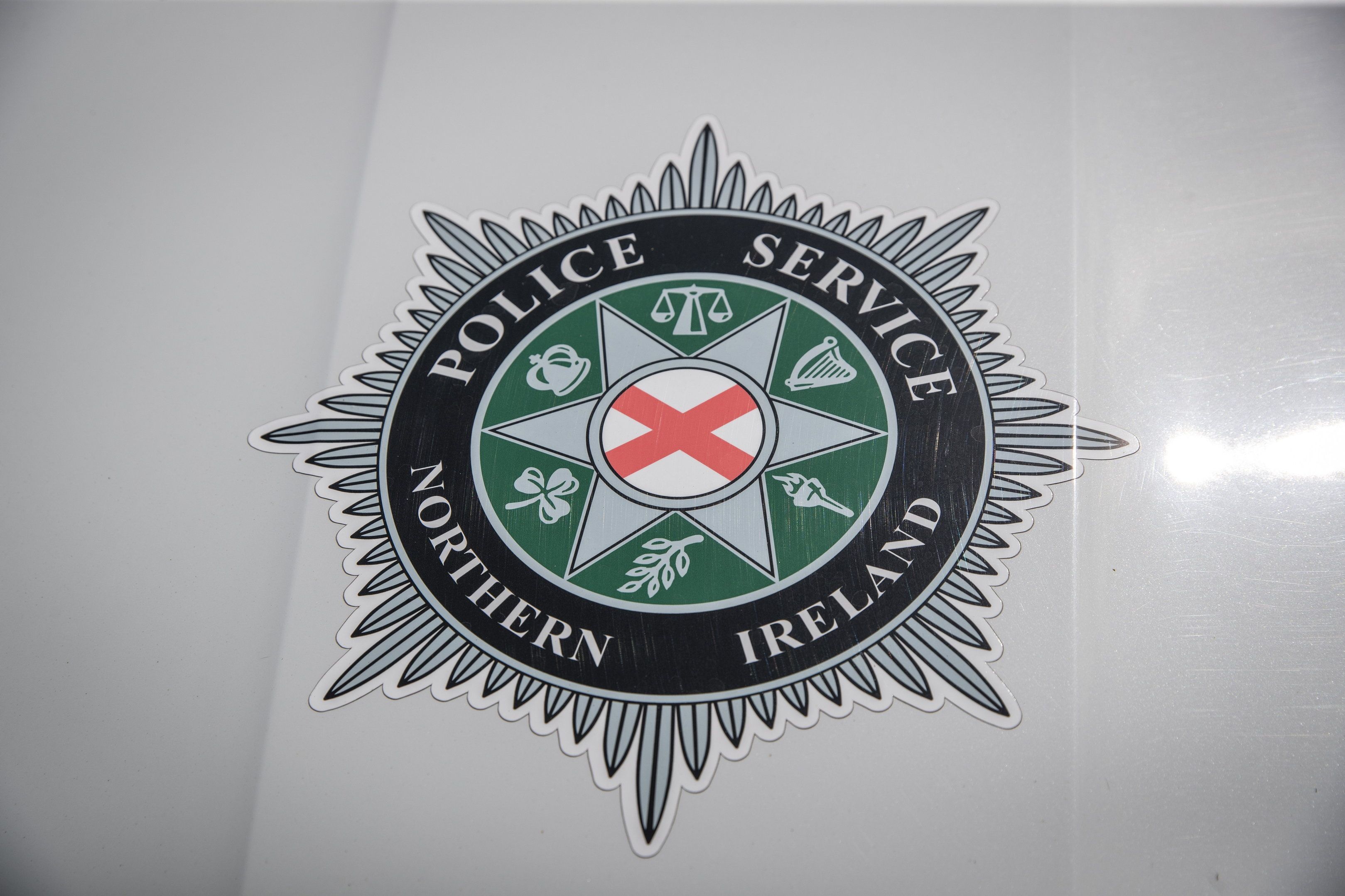Budget cuts blamed for huge rise in NI road deaths

Cutting road safety advertising was top of the agenda for the Department for Infrastructure when savage budget cuts were enforced this year.
Two people have died on Northern Ireland’s roads since Friday, bringing this year’s total of road fatalities so far to almost twice that of 2022.
The number of road deaths in Northern Ireland so far this year was 38 yesterday — with 14 in May alone.
By July 20 last year, 20 people had been killed on the roads.
In the latest incident, a male pedestrian died after a collision on the M2 motorway.
It happened close to Junction 7 on the M2 northbound in the early hours of yesterday morning.
The motorway was shut between the Dunsilly and Greystone roundabouts for several hours as emergency services dealt with the incident.
PSNI Sergeant Miller-Devlin said: “Shortly before 1.25am, police received a report of a serious road traffic collision.
“Officers attended alongside emergency service colleagues but sadly, a male pedestrian died at the scene.”
The M2 between the roundabouts has since reopened.
An investigation into the circumstances surrounding the collision is ongoing.
Earlier, police said a person had died after a single-vehicle road traffic collision in Co Tyrone on Friday morning.
The crash, involving a white Mercedes GLA 200, occurred on the Curr Road in Omagh, shortly before 11.30am.
A PSNI spokesperson said: “Two people were taken to hospital for treatment.
“Sadly, we can confirm that a passenger in the vehicle passed away from their injuries. The driver of the vehicle remains in a critical condition.
“The road, which was closed for a period of time, has since re-opened to road users.”
Police have appealed for any witnesses to either incident to contact the Collision Investigation Unit on 101.
May was by far the worst month for deaths on Northern Ireland’s roads in years.
The second highest monthly total recently was nine in August last year, and December 2021.
They included a 74-year-old man who died following a two-vehicle crash in Crumlin on May 31, and a teenager who died when the Vauxhall Corsa he was driving was involved in a crash with a Vauxhall Insignia in Dungiven.
A 47-year-old cyclist died after a crash involving his bicycle and a lorry in east Belfast on May 26.
Four motorcyclists were also killed that month, as well as a man driving an electric scooter.
Davy Jackson, from the charity Road Safe NI, believes that budgetary cuts to the PSNI and Department for Infrastructure (DfI) have a big part to play in the increase in road deaths here.
“Overall, there are certain issues ongoing. The PSNI don’t have the manpower on the roads at the minute due to gradual cuts, and we feel that people think they can get away with speeding and using their phones while driving as a result,” he said.
“The DfI’s budget has been cut to almost zero for road safety. They don’t have road safety officers doing as much education as they want, but more importantly, they had fantastic, hard-hitting road safety advertisements on TV which were the envy of the world.
"Other countries wanted to use them, but their governments wouldn’t allowed them because they were seen as being too graphic. It’s no coincidence that the year the DfI had their highest spend on television campaigns, was the lowest year for fatalities.”
The peak of the DfI’s funding coincided with the lowest road deaths on record here in 2012, when 48 people died.
Lynda Hurley, head of road safety strategy promotion and outreach at the DfI, previously told a Stormont Infrastructure Committee that her budget had been cut from a high of £3m in 2013 to just £700,000 in 2020.
Mrs Hurley told MLAs her budget two years earlier had been £1m.
Mr Jackson now believes the situation is only getting worse, but stressed that it’s not the DfI or police’s faults, and that they are being let down financially.
"In 1972 in Northern Ireland, 372 people lost their lives,” he continued.
"At that stage, they started putting more effort into education, enforcement and engineering. The numbers kept coming down, but they never thought they would get the stats to under 100.
"But in 2012, they decreased to 48. Since then, the numbers have hovered around the 60s and 70s annually, but we can get it down.
"Cutting police and departmental budgets, is not the way to do so.”
Earlier this month, the DfI confirmed what decisions it was taking to save money, but said despite taking "significant action" to reduce spending, there is still a £112m gap to meet its budget allocation of £523.4m being set by Chris Heaton-Harris — a 14% cut compared to last year.
Stopping departmental spend on road safety advertising and other programmes was the first on its list of decisions.
Pamela McCreedy, the PSNI chief operating officer, also said last month that the force was set to shrink below 6,000 officers for the first time by March 2025.
Ms McCreedy said the police service would be “smaller, less visible, less accessible and less responsive”, at a time when “serious crime and road deaths are increasing”.